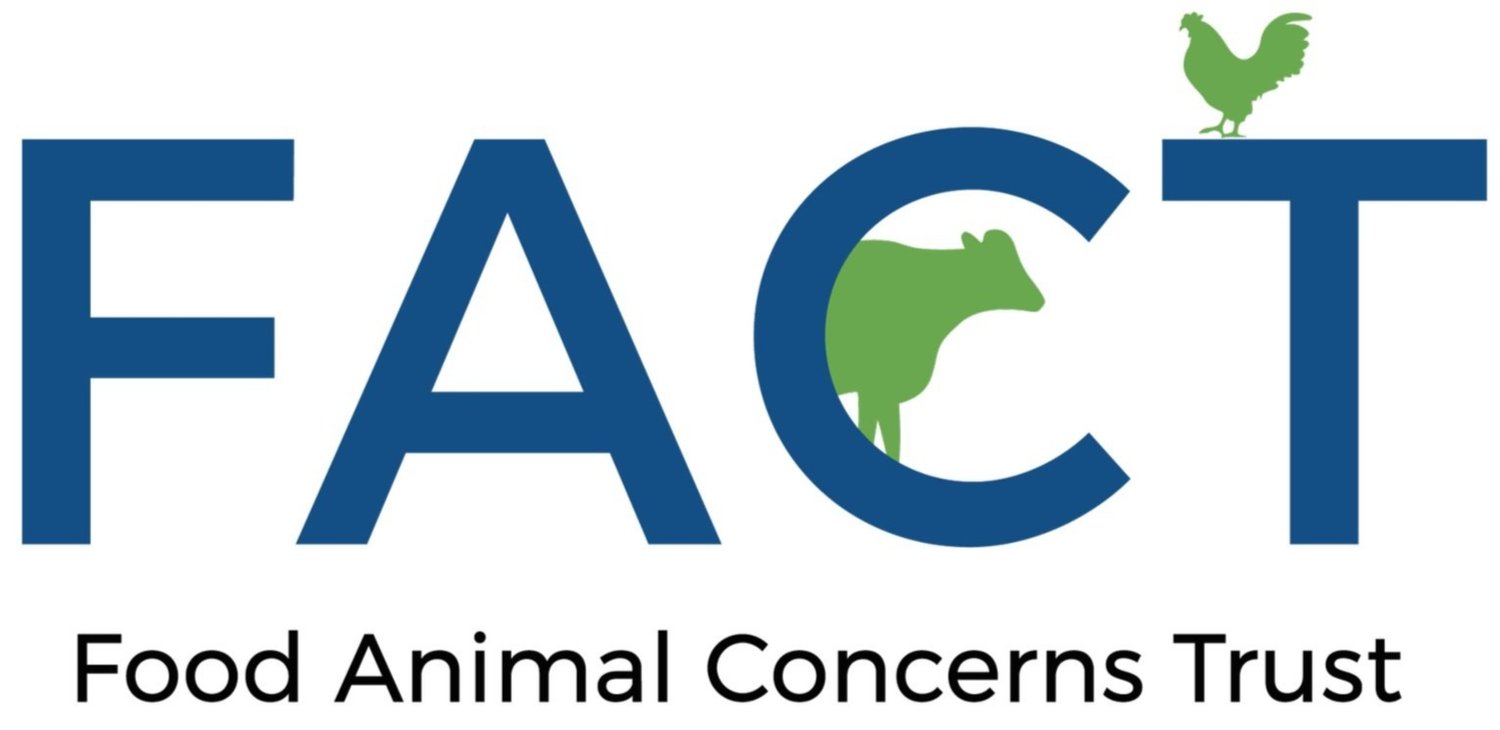Before They Hatch: In-Ovo Sexing and the Shift Toward Ethical Eggs
Guest Post by FACT’s Board Chair, Darlene Oliver
Each year, more than 7 billion male chicks are killed, “culled,” globally—an invisible cost of egg production that’s long troubled both consumers and farmers. But a quiet revolution is underway. Thanks to rapid advances involving in-ovo sexing technology, the egg industry is on the cusp of eliminating this practice— ushering in a new era of humane, efficient, and transparent food production.
What Is In-Ovo Sexing?
In-ovo sexing allows hatcheries to determine the sex of a chick before it hatches—typically by day 8 or 9 of incubation, before the embryo is believed to feel pain. Male eggs would otherwise hatch into problematic non-egg-laying roosters. Viewed as having no value, they are brutally killed immediately. Only female chicks are allowed to live.
According to Compassion in World Farming, other methods are now in use or development:
1. Optical imaging: Uses hyperspectral or Raman spectroscopy to analyze the egg’s contents without breaking the shell.
2. Biomarker detection: Extracts a tiny sample of allantoic fluid to test for sex-specific hormones or proteins.
3. AI-powered imaging: Combines machine learning with high-speed cameras to sort eggs at commercial scale.
4. Genetic innovations: Maternal-line modifications that prevent male embryos from developing at all—without altering the chicks that hatch.
In-ovo sexing is already operating in parts of Europe, where bans on male chick culling have accelerated adoption. According to Compassion in World Farming, as of early 2025, over 110 million hens in the European Union were hatched using in-ovo sexing—a 28% market share.
Why It Matters
Animal Welfare – Eliminates the need to kill day-old male chicks, addressing one of the most criticized practices in modern agriculture.
Hatchery Efficiency – Frees up incubator space, reduces labor costs, and improves resource use.
Consumer Trust – Over 70% of U.S. egg buyers are willing to pay more for eggs produced without male chick killing.
Market Differentiation – Signals a meaningful commitment to ethical progress without compromising productivity.
What’s Next?
With support from funders such as Open Philanthropy and Foundation for Food, Agriculture, and Research, and implementation partners including Innovate Animal Ag, in-ovo sexing is poised to enter the U.S. market at scale. As costs drop and awareness grows, early adopters—especially those already committed to humane practices—will be well-positioned to lead.
Take the Next Step Toward Humane Innovation. The future of egg production is being rewritten.
